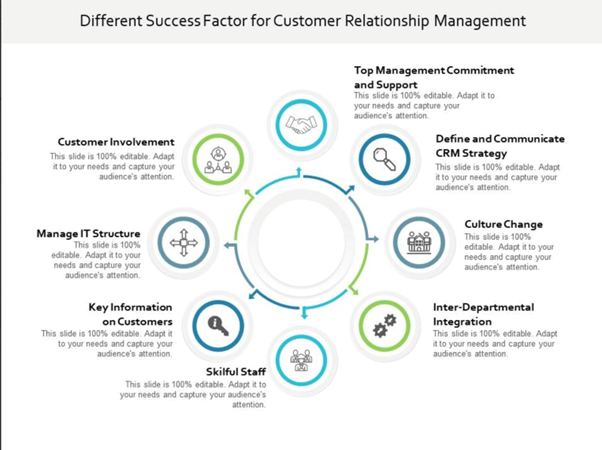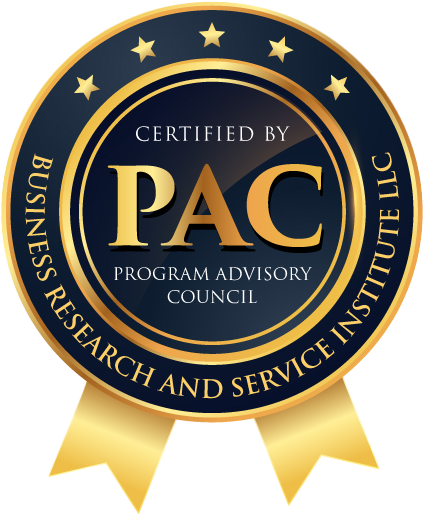Effective customer service management is crucial for business success.
Here are some key factors that contribute to its excellence:
People-Centric Factors
Clear, empathetic, and timely communication with customers is crucial. Ensuring that customer service representatives understand the customer’s needs and can convey information effectively is a key factor in successful service management.
- Employee Satisfaction and Engagement: Happy employees are more likely to provide exceptional service.
- Customer Focus: A deep understanding of customer needs, preferences, and behaviors is essential.
- Empathy: The ability to understand and share the feelings of customers is paramount.
- Communication Skills: Clear, effective communication builds trust and resolves issues.
- Problem-Solving Abilities: Quick and creative solutions to customer problems enhance satisfaction.
Process-Oriented Factors
- Efficiency: Streamlined processes minimize customer wait times and frustration.
- Consistency: Delivering consistent service across all channels and touchpoints.
- Technology: Leveraging technology to improve service delivery and efficiency (e.g., CRM, AI chatbots).
- Knowledge Management: Providing employees with the necessary information to address customer inquiries.
- Performance Measurement: Tracking key performance indicators (KPIs) to measure success and identify areas for improvement.
Customer-Centric Factors
Putting the customer at the center of all decisions and actions ensures that their needs and expectations are met. This involves understanding the customer’s journey and continuously seeking ways to enhance their experience.
- Customer Satisfaction: Meeting or exceeding customer expectations.
- Customer Loyalty: Building long-term relationships with customers through exceptional service.
- First Contact Resolution: Resolving customer issues on the first contact whenever possible.
- Response Time: Promptly addressing customer inquiries and concerns.
- Customer Feedback: Actively seeking and incorporating customer feedback.

Additional Factors
Continuous Improvement
A culture of ongoing learning and improvement.
Alignment with Business Goals
Ensuring customer service aligns with overall company objectives.
Ethical Conduct
Maintaining high ethical standards in all customer interactions.
Empowered and Trained Staff
Employees who are well-trained and empowered to make decisions can resolve issues more effectively. Continuous training helps them stay updated with product knowledge and customer service techniques, enabling them to provide better support.
Technology Utilization
Leveraging technology like CRM systems, AI chatbots, and data analytics can improve efficiency and personalization in customer service. Technology helps in tracking customer interactions, predicting needs, and providing faster responses.
Consistency Across Channels
Providing a consistent experience across all customer service channels (phone, email, chat, social media) is essential. Customers should receive the same level of service regardless of how they contact the company.
Feedback and Continuous Improvement
Regularly collecting customer feedback and acting on it helps in improving service quality. Continuous improvement initiatives based on feedback ensure that the service keeps evolving to meet customer expectations.
Problem Resolution Efficiency
The ability to resolve issues quickly and effectively is a critical factor. A well-defined process for handling complaints and resolving problems can enhance customer satisfaction.
Employee Satisfaction and Engagement
Happy and engaged employees are more likely to provide better customer service. Ensuring that the staff is motivated and satisfied with their work can translate into better customer experiences.
Clear Service Standards
Establishing and maintaining clear service standards helps ensure that all employees understand the level of service expected. This includes response times, tone of communication, and follow-up procedures.
Proactive Service
Anticipating customer needs and addressing potential issues before they arise can significantly enhance the customer experience. Proactive communication and support demonstrate a commitment to customer satisfaction.
By focusing on these key success factors, organizations can create a customer service culture that drives satisfaction, loyalty, and business growth.

Danish Mairaj is a medical device expert with a strong focus on regulatory and quality compliance. He has been involved in managing clinical trial infrastructure including supplies and logistics. He has over 15 years of experience in the MedTech and Pharmaceutical industry. He is a certified Product Owner, Scrum Master, and Project Management Professional PMP. He studied Biomedical Engineering in Germany and MedTech Regulatory & Quality in Galway, Ireland. He contributes articles to the BRASI newsletter.
- Danish Mairaj#molongui-disabled-link








